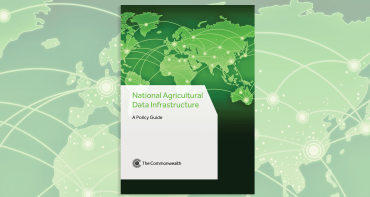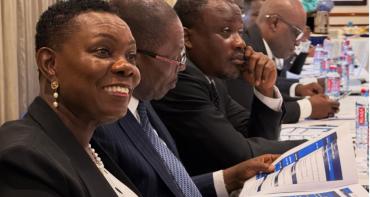A new paper published by the Commonwealth explores the tax and revenue management policies which countries should follow to reap rewards from their mineral and petroleum resources.

A new paper published by the Commonwealth explores the tax and revenue management policies which countries should follow to reap rewards from their mineral and petroleum resources.
Petroleum and mining are major sources of government revenue and exports in many developing Commonwealth countries. The paper warns however that, if improperly managed, revenues from these resources can lead to volatile public spending, reduce competiveness and widen inequalities.
“This paper discusses how governments can tax the mining and petroleum industries to ensure the state receives a fair share of the revenue from those industries,” said the paper’s author Dr Daniel Wilde. “It also discusses public policies for managing that revenue to maintain economic competiveness, reduce volatility in public spending and to fairly transfer wealth across generations.”
“Ultimately, the policies governments choose to adopt will determine whether they channel their resources into delivering the sustainable development goals, or whether they fall short.”

Governments should avoid negotiating tax rates with individual investors, as companies’ superior knowledge about development costs can place governments at a disadvantage during negotiations, it argues. In addition, countries should consider establishing a sovereign wealth fund with clear objectives and a mandate that insulates investment decisions from political interference, the paper adds.
The paper is the product of academic research and builds on the Commonwealth Secretariat’s experience in offering advice to its member countries on natural resource taxation and revenue management. In recent years Barbados, Guyana and Swaziland have all received assistance.
To download a copy of the paper, visit the Commonwealth Secretariat’s iLibrary



